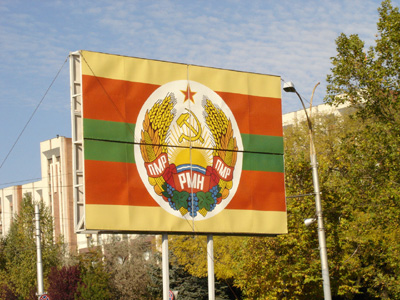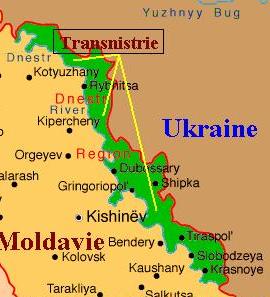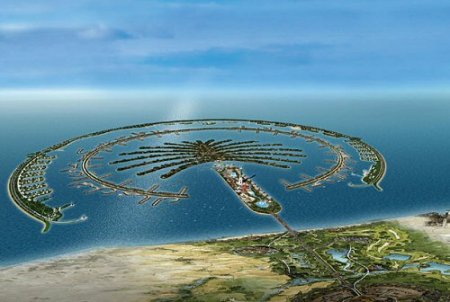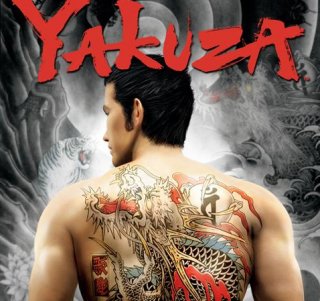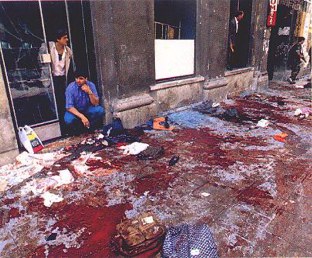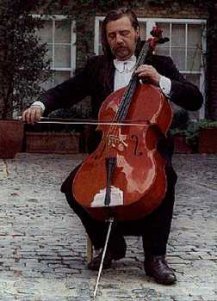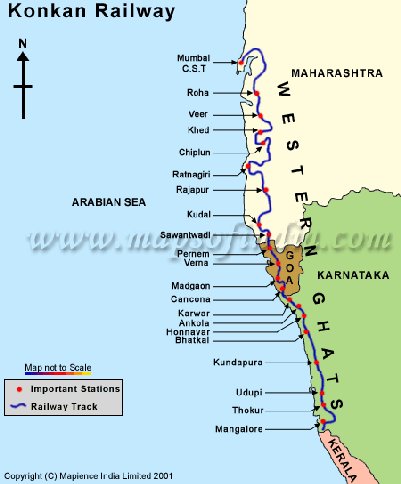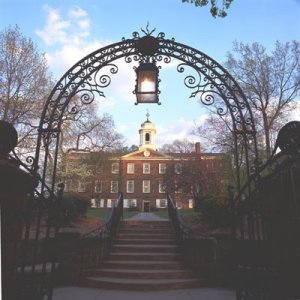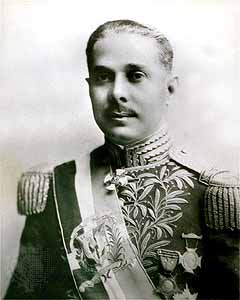Darker Side of Shock
Monday, July 28th, 2008McMafia, Misha Glenny, 2008
This well researched look at global criminal empires highlights the darker side of the Chicago School’s Shock Doctrine. When the Chicago boys set out to massively transfer the worlds wealth into the hands of a few oligarchs, they simultaneously undermined state apparatus of regulation and control and brought about the most massive increase in organized crime in human history. The increase was not only in scale but in violence and capability as former secret police and world class martial arts athletes found themselves in need of new employment. The pinnacle of this worldwide movement was reached under Yeltsin who moved control of vast reserves of oil and natural gas to his handful of oligarchs. Realizing they needed protection that the state could no longer provide, the oligarchs turned to private organized criminal elements, who for 10% of the profits, were very effective at protecting the fortunes of the new Billionaires. Overnight, criminal organization found themselves rolling in wealth undreamed of by earlier criminal elements. Enter the Billionaire godfathers. Clearly this great wealth could not be left lying around the highly unstable financial institutions of the shocked states and Reagan and Thatcher come to their rescue deregulating the world’s financial institutions allowing movement and laundering of mind boggling Billions through places as diverse as Switzerland, Dubai, Tel Aviv, and tiny South Pacific Islands. Now needing to be able to travel anywhere in the world, Russian mobsters rushed to become Israeli citizens so they could get widely accepted Israeli passports. Even non Jewish Russians joined the rush to get a passport. So gratful were the Russian mob bosses to Israel, they jointly agreed not to engage in criminal behavior inside Israel as long as Israel continued to launder their Billions.
We start our tour in the Balkans where the mobs were cooperating fully through multiple wars and ethnic strife, even smuggling goods and people directly through the front lines of the wars. Moving to the Crimean Sea, he notes that the breakup of the Soviet Union and loss of control is now endangering the Sturgeon as Moscow’s new Billionaires gorge on caviar. A tiny sliver of Moldova, Transnistria split into an independent criminally dominated country. The Russian fourteenth army and its vast arsenal were located in this area and chose to stay in the new state providing arms and force to ensure the independence of the new state. Putin has called Transnistria the black hole and it is one of the biggest arms sources in the world. Most people have left the tiny country which boasts a world class soccer team than performs at home before 4,000 fans.
In India we discover that Bombay (Mumbai) is the organized crime capital which has assumed control over Bollywood. The mob bosses used to live in Dubai where they can be protected from the police and rival gangs, but a recent crackdown has sent them to Pakistan where the ISS Pakistani intelligence provides them shelter and training. From Pakistan they are free to launch attacks into India.
In Japan we learn the integral roll of the yakuza in Japanese society. They were centrally involved with the Zaibatsu and the big banks in the 80s real estate bubble but received primarily blamed when the bubble burst. The yakuza’s biggest problem today is aging and the inability to recruit young Japanese men to join them. They are forced to subcontract much of their dirty work to the Chinese tongs or Korean gangsters.
China is feared throughout Asia. Its primary current contribution to global crime is their ability to copy and reproduce virtually anything up to and including ersatz Mercedes automobiles.
South Africa leads organized crime in the continent. In Latin America Columbia is still a big supplier of cocaine to the world, shipping via Mexico into North America, and via Brazil into Europe. Brazil is particularly attractive because of its trained chemists and local access to virtually any chemical needed in production.
The US war on drugs has done more to perpetuate the global market for narcotics than any program in history. The only thing holding back growth of heroin and cocaine whose prices are dropping is the ready availability of synthetic drugs like ecstasy and methamphetamine (the drug of choice in Asia). Instead of regulating and taxing narcotics, governments are spending vast revenue in the hopeless effort to reduce of eliminate it. Any seizure or arrest leads to the immediate filling of the vacuum by new criminals and new shipments of the drug.
The trend toward globalization and domination by multinational corporations has blurred the distinctions between the legal and illegal. Is it any more legal for corporations to move money offshore to avoid taxation than for mobs to launder their money? Does the scramble to protect property rights give the rights to multinational corporations to patent plants and herbal cures that have been known to places like China and India for thousands of years? Does a patent give the right to a corporation to deny medication to those who can’t afford it?
Somehow the author is able to interview many of these underworld leaders and he seldom misses the local brothels.
